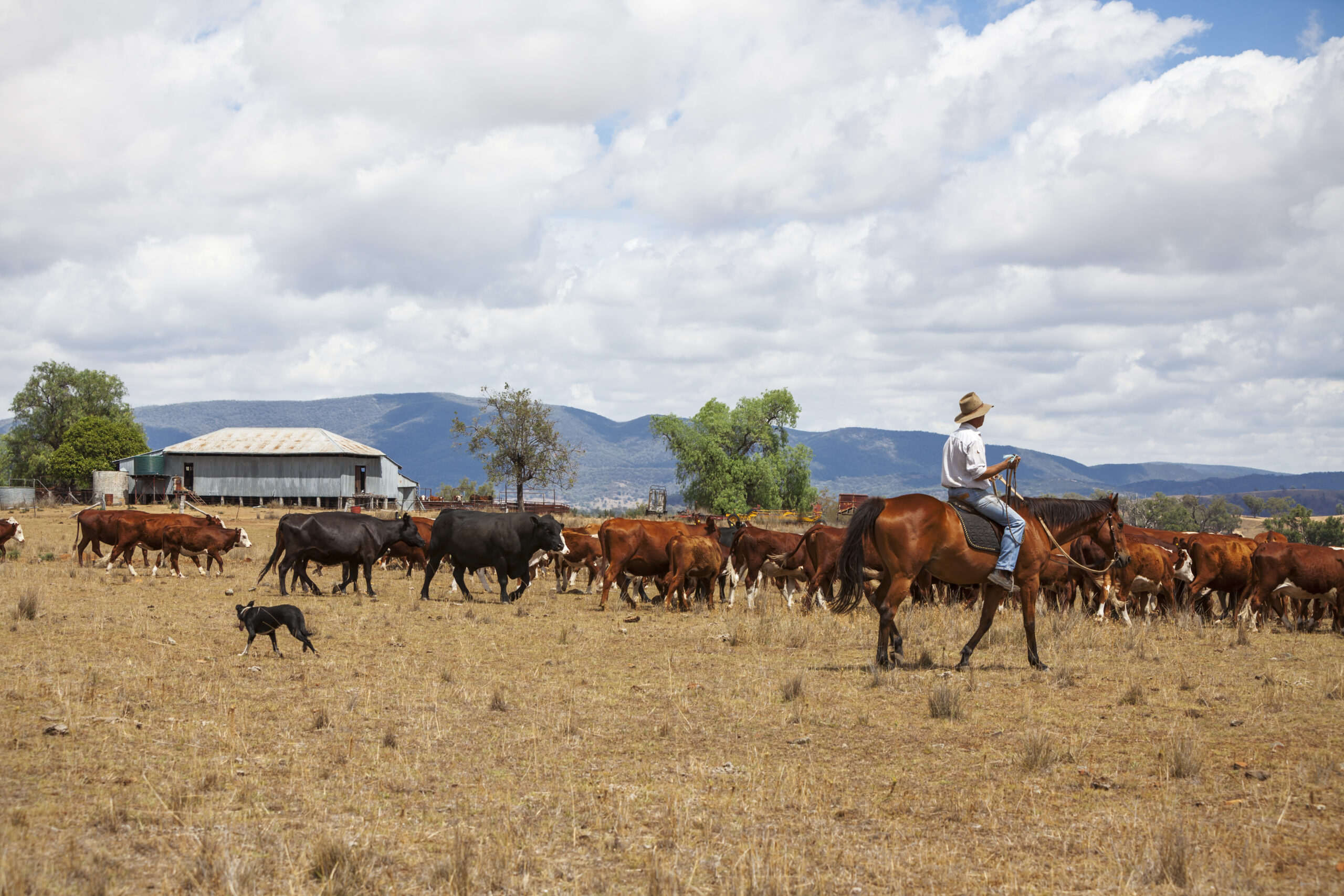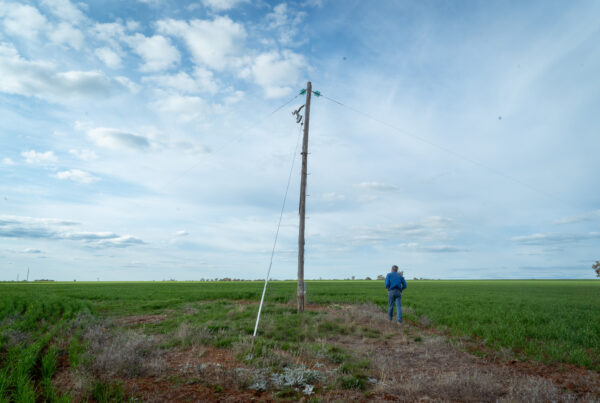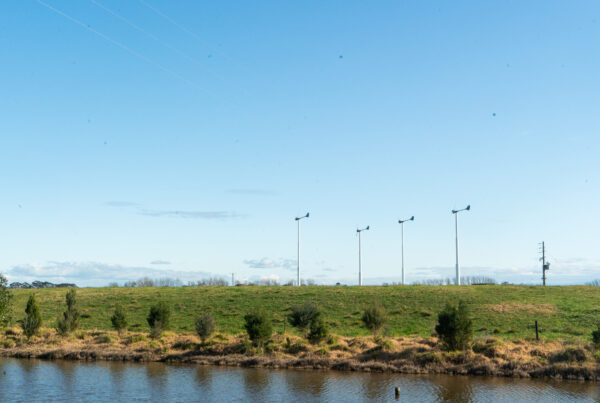02 May 2024
Farmers for Climate Action (FCA) appreciates the opportunity to provide a submission on Glencore’s proposed carbon capture and storage (CCS) project in the Great Artesian Basin (GAB).
About Farmers for Climate Action
Representing over 8,200 Australian farmers and backed by 45,000 supporters nationwide, Farmers for Climate Action is a movement of farmers, agricultural leaders and rural Australians working to influence Australia to adopt strong climate policies by growing the number of farmers, farming communities and elected representatives championing ambitious action. FCA recognises the importance of safeguarding the ability of farmers to produce food and fibre for Australia and the world while seeking the deep emissions reductions we need to meet climate targets.
Key Points
- Climate change is causing more frequent and more extreme weather events that are negatively impacting farming systems, value chains and food security across Australia.
- However, Glencore’s proposal to sequester emissions from a coal-fired power station into a Great Artesian Basin aquifer presents an unacceptable risk to the quality and safety of water that communities and agriculture rely on and is not an appropriate emissions mitigation strategy.
- Glencore CCS project risks include water acidification and increased lead and arsenic levels, which would make the water unusable for agriculture and communities in the region.
- The environmental impact assessment of this project to date has not been adequate, failing to thoroughly consider the risks posed to communities, farmers, and food security by compromising water quality and safety in the GAB.
- Approving this project without doing this thorough assessment sets a dangerous precedent for future projects.
- Efforts to reduce emissions must be carefully considered, including whether the action presents any risks to other natural systems that support communities and food security. In the case of the proposed Glencore CCS project, the risks outweigh the benefits and a thorough environmental assessment would likely see the project not proceed.
- FCA stands with other farming, environmental, science and Indigenous groups in strongly opposing this project.
The GAB is an underground water formation that spans a fifth of the nation’s area across Queensland, New South Wales, and the Northern Territory. Carbon Transport and Storage Corporation (CTSCo), a subsidiary of American mining company Glencore, has proposed a CCS project in the GAB using a process called geosequestration. This involves injecting 110,000 tonnes of liquified carbon waste from the Millmerran coal-fired power station into the Precipice Sandstone aquifer – an aquifer that provides essential water for local farmers and towns. This plan has garnered widespread opposition from farmers and local communities in Queensland’s Western Downs due to its potential for endangering their agricultural and drinking water sources.
Impacts on Water and Food Security
The GAB supports an agricultural industry worth $13 billion to the national economy. Any risk to this water source directly threatens the livelihoods of thousands of Australian farmers and the food security of the nation. The potential risks and the socioeconomic impacts must be carefully weighed against the supposed benefits of this CCS project.
Independent analysis by hydrogeologist Ned Hamer has suggested the proposed project could lead to an increase in the acidification of groundwater by 10,000 times. This increased acidification could result in arsenic and lead dissolving into the aquifer and spreading through other parts of the GAB, putting at risk the safety of the water for agricultural and community use. Given the importance of this region for food production, the Glencore CCS project presents an unacceptable risk to the nation’s food security.
Environmental Impact Assessment and Consultation Process
The decision by federal regulatory bodies to not classify this CCS project as a controlled action under the Environment Protection and Biodiversity Conservation Act 1999 (Cth) is deeply concerning, particularly considering the significant risks posed and the opposition from local farmers, AgForce, Queensland Farmers Federation, local councils, members of both federal and state Parliament, and hydrologists. This decision raises serious questions about the adequacy of the project’s environmental assessment and consultation process. For clarity, we understand that a project is classified as a ‘controlled action’ under the EPBC Act if it is considered to have, or likely to have, a significant impact on any matter of national environmental significance protected under the EPBC Act. If a project is a controlled action under the EPBC Act, it requires assessment and approval under the EPBC Act.
FCA believes that this project would likely not proceed if proper and thorough assessment of the environmental, economic and social risks were undertaken, and that approving this project without this thorough assessment sets a dangerous precedent.
Conclusion
Efforts to reduce emissions must be carefully considered, including whether an action presents any risks to other natural systems that support communities and food security. In the case of the proposed Glencore CCS project, the risks of the project to communities and food production outweigh the benefits of emissions reduction, and a more thorough environmental assessment process would likely have prevented the project from proceeding. FCA urges the committee to consider these significant risks and recommend that the project not be supported.
Please do not hesitate to contact either myself or Megan Hill, General Manager of Policy and Advocacy on the number below should you wish to further discuss this submission.
Yours sincerely,
Natalie Collard,
CEO
Email: [email protected]
Phone: 1800 491 633
Web: farmersforclimateaction.org.au
Post: 700 Swanston St, Level 2, Melbourne Connect Co-Working, Carlton, VIC, 3084






